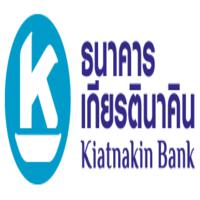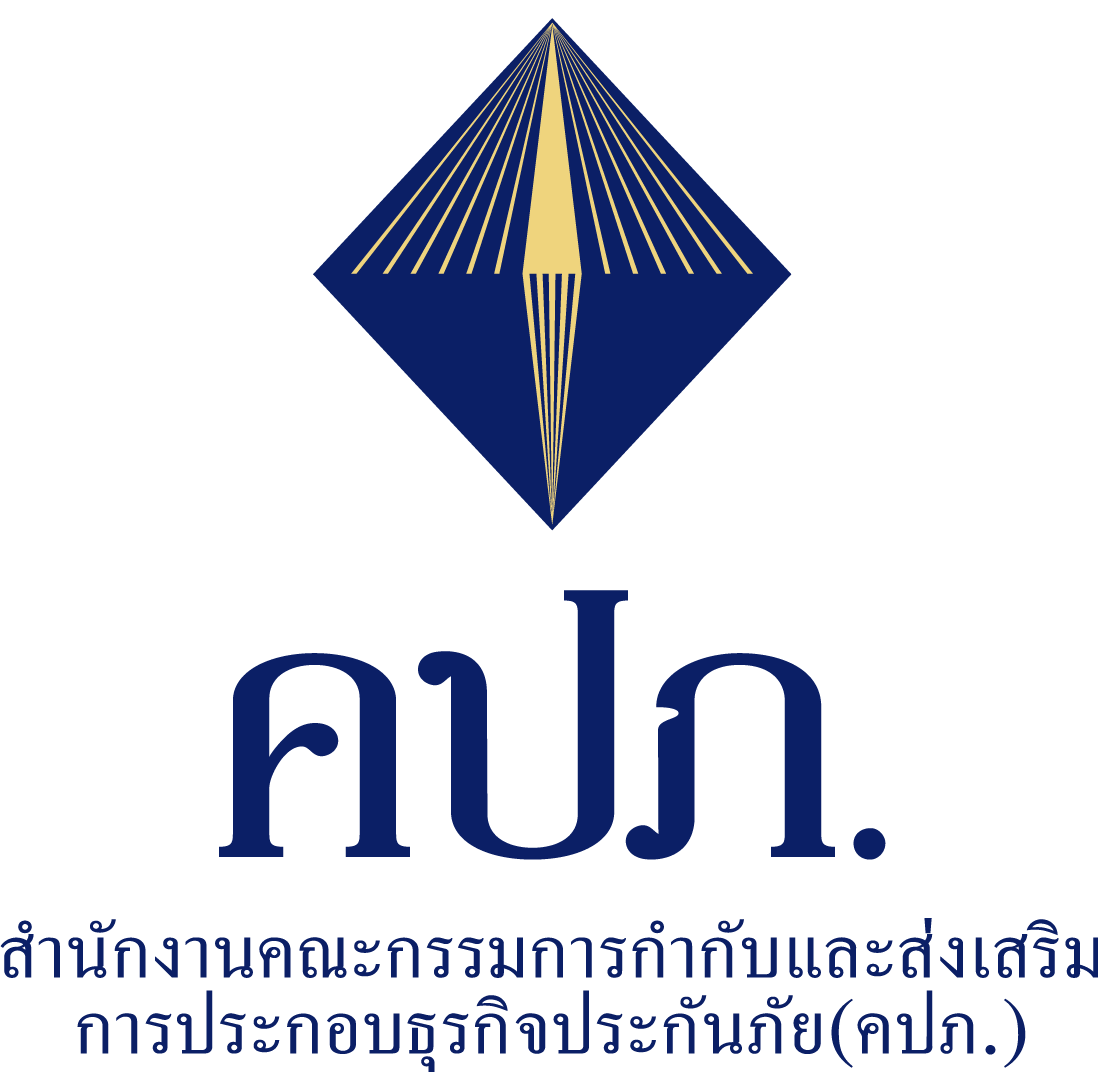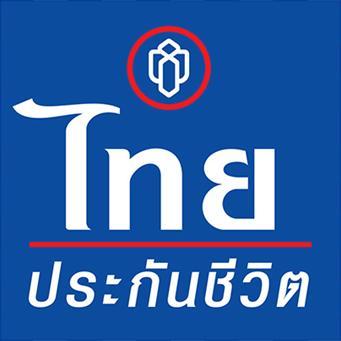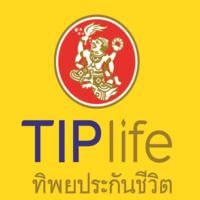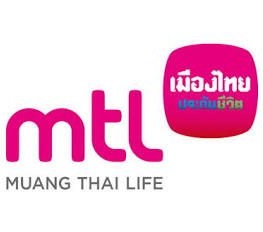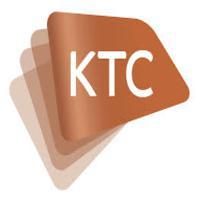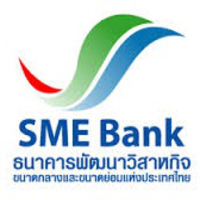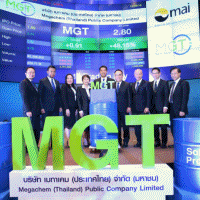- Details
- Category: บทความการเงิน
- Created: Sunday, 01 February 2015 17:29
- Hits: 3323
สำนักวิจัยธนาคาร ซีไอเอ็มบี ไทย จับตาการเลือกตั้งใหญ่กรีซกำหนดชะตาเศรษฐกิจยุโรปแนะนักลงทุนหาจังหวะลงทุนยุโรป มองเป็นโอกาสทองแม้จะมีวิกฤตเงินยูโรอ่อนค่า
นายอมรเทพ จาวะลา ผู้อำนวยการสำนักวิจัย ธนาคาร ซีไอเอ็มบี ไทย เปิดเผยว่า สืบเนื่องจากประเทศกรีซกำลังจะมีการเลือกตั้งสมาชิกสภานิติบัญญัติ ในวันที่ 25 ม.ค.2558 ซึ่งตลาดคาดการณ์กันว่าพรรคฝ่ายค้าน Syriza จะชนะการเลือกตั้ง ส่งผลให้กรีซกลับไปเจรจาต่อรองใหม่กับ IMF ธนาคารกลางยุโรป และสหภาพยุโรปเพื่อเพิ่มการใช้จ่ายภาครัฐให้สูงขึ้น แต่เยอรมนีมีท่าทีไม่เห็นด้วย เพราะเกรงจะส่งผลกระทบทำให้รัฐบาลในยูโรโซนสูญเสียวินัยการคลังจนทำให้เกิดวิกฤตหนี้ และในท้ายที่สุด กรีซอาจไม่มีทางเลือกจนต้องลาออกจากสมาชิกภาพของสหภาพยุโรป
สำนักวิจัย ธนาคาร ซีไอเอ็มบี ไทย มองว่า กรีซคงไม่ออกจากสหภาพยุโรป แม้การไม่ใช้สกุลเงินร่วมในยูโรโซนจะทำให้กรีซสามารถปล่อยให้ค่าเงิน Drachma อ่อนค่าลงเพื่อสนับสนุนการส่งออกและการท่องเที่ยวได้ อย่างไรก็ดี ข้อเสียของการออกจากกลุ่ม คือ กรีซจะเผชิญอุปสรรคทางเศรษฐกิจเพราะจะสูญเสียแหล่งเงินทุนจากต่างประเทศ ซึ่งส่วนใหญ่มาจากธนาคารกลางยุโรป และธนาคารต่างๆในยุโรป ดังนั้น ประเด็นที่น่าสนใจคือ แล้วกรีซมีทางเลือกอะไรบ้าง
สำนักวิจัยฯมองว่า ความเป็นไปได้ทางหนึ่งคือ กรีซจะเจรจาเรื่องดอกเบี้ยและผ่อนคลายการชำระหนี้กับ Troika เพื่อลดต้นทุนการเงินลง กรีซจะได้มีเม็ดเงินไปกระตุ้นเศรษฐกิจ โดยช่วงเวลาก่อนการเลือกตั้งซึ่งเต็มไปด้วยความไม่แน่นอน นักลงทุนเริ่มโยกสินทรัพย์ไปลงทุนในช่องทางที่เสี่ยงน้อยลง อาทิ ทองคำ พันธบัตรในสหรัฐและญี่ปุ่น แต่เมื่อปัญหาของกรีซเริ่มคลี่คลายและสหภาพยุโรปเริ่มกลับมามีเสถียรภาพ นักลงทุนจะค่อยเริ่มกลับเข้าลงทุนในสินทรัพย์ที่เสี่ยงมากขึ้น โดยเฉพาะอย่างยิ่งคือกลับเข้ามาลงทุนในยุโรปเช่นเดียวกับตลาดเกิดใหม่
อย่างไรก็ดี ค่าเงินยูโรไม่ใช่ทางเลือกที่น่าสนใจในสายตานักลงทุนตอนนี้ เพราะแม้สหภาพยุโรปจะกลับมามีเสถียรภาพโดยที่กรีซไม่ได้ลาออกไป แต่ตลาดมองว่าเงินยูโรจะอ่อนค่าลงเมื่อเทียบกับค่าเงินสกุลหลักๆโดยเฉพาะหลังจากที่ธนาคารกลางยุโรปเริ่มอัดฉีดสภาพคล่องเข้าระบบผ่านมาตรการ QE ภายหลังการประชุมของธนาคารกลางยุโรปเมื่อวันที่ 22 ม.ค.58 ขณะที่ธนาคารกลางยุโรปมีแนวโน้มจะออกมาตรการอื่นเพิ่มเติมเพื่อผ่อนคลายความน่าสนใจของค่าเงินยูโรลงหรืออาจจะใช้นโยบายแทรกแซงค่าเงินเพื่อกดดันให้เงินยูโรอ่อนค่าลงเพื่อสนับสนุนการส่งออก
ก่อนหน้านี้ ธนาคารกลางของสวิตเซอร์แลนด์ (SNB) ยกเลิกการกำหนดกรอบล่างของค่าเงินฟรังก์สวิสที่ระดับไม่ต่ำกว่า 1.2 ฟรังก์ต่อยูโร และลดอัตราดอกเบี้ยของธนาคารพาณิชย์ที่ฝากไว้กับธนาคารกลาง (Deposit rate) เป็น -0.75% จาก -0.25% ส่งผลให้มีเงินทุนไหลเข้าอย่างรวดเร็วและทำให้เงินฟรังก์แข็งค่าขึ้น นับเป็นการเตรียมพร้อมก่อนที่ยุโรปจะออก QE เพราะสวิตเซอร์แลนด์คงทราบดีว่าไม่อาจต้านทานการออกมาตรการนี้ จึงมีความเป็นไปได้ที่จะได้เห็นเงินยูโรอ่อนค่าลงเมื่อเทียบกับค่าเงินสกุลหลักๆ กระนั้นก็ตาม เศรษฐกิจมีแนวโน้มจะฟื้นตัวจากเสถียรภาพของกรีซและภาคการส่งออกที่แข่งขันได้มากขึ้น
สำหรับ นักลงทุนที่เล็งหาโอกาสลงทุนในยุโรป สำนักวิจัยฯมองว่า เป็นจังหวะที่ดีที่จะขยายธุรกิจไปยังประเทศในยุโรป ไม่ว่าจะเป็นการลงทุนตรง การซื้อหรือควบรวมกิจการ หรือการลงทุนผ่านหุ้น สืบเนื่องจากสหภาพยุโรปจะมีสภาพคล่องสูงขึ้นท่ามกลางสภาวะอัตราดอกเบี้ยต่ำที่จะยืดระยะเวลาออกไป แต่ต้องพึงระวังความผันผวนระยะสั้นในตลาด ที่เกิดจากความวิตกกังวลว่ากรีซจะออกจากสหภาพยุโรป กรณีถ้าเหตุการณ์ไม่เป็นไปตามที่สำนักวิจัยฯคาด คือ กรีซตัดสินใจออกจากกลุ่มยุโรป เราก็ยังมองว่าวิกฤตค่าเงินยูโรเป็นโอกาสดีที่จะค่อยๆลงทุนในยุโรปอยู่ดี โดยเฉพาะในเยอรมนีเพราะคาดว่าเยอรมนีจะได้รับประโยชน์จากเงินยูโรที่อ่อนค่าลงทำให้ขีดความสามารถในการแข่งขันด้านส่งออกสูงขึ้น ในขณะที่ผู้ส่งออกไทยจะได้รับผลกระทบจากเงินยูโรอ่อนค่า คือ ลูกค้าต่างชาติจะสั่งซื้อสินค้าจากไทยแพงขึ้น นับเป็นอุปสรรคของผู้ส่งออกไทย อย่างไรก็ดี ตราบเท่าที่ประเทศในกลุ่มยุโรปยังมีการเติบโตทางเศรษฐกิจ ผู้ส่งออกไทยที่ส่งออกสินค้าไปประเทศเหล่านี้ ซึ่งมีสัดส่วนราว 10% ของมูลค่าการส่งออกทั้งหมด ไม่น่าจะได้รับผลกระทบมากนัก เราควรจะวิตกเกี่ยวกับการตัดสิทธิ GSP มากกว่า ความวิตกกังวลที่สำคัญคือ ค่าเงินบาทไม่อ่อนค่ามากเท่ากับค่าเงินของประเทศเพื่อนบ้าน ซึ่งฉุดรั้งความสามารถในการส่งออกของไทย
CIMB Thai Research Office warns investors to keep an eye on an election in Greece which is seen to determine European economy and views weakening euro as an opportunity to invest in Europe despite financial turmoil
Amonthep Chawla, Head of Research Office of CIMB Thai Bank stated that according to Greece will hold a legislative election on January 25th leading to a speculation that the opposition party, Syriza, will win the election which raises a likelihood that Greece will renegotiate with IMF, ECB and the EU to increase public spending. However, Germany is unlikely to allow for such renegotiation for fear that other countries will relax the fiscal disciplinary path which could cost the Eurozone another sovereign debt crisis, giving Greece no choice but to exit the Eurozone.
CIMB Thai Bank’s Research Office doesn’t think Greece will exit the Eurozone. Of course, one benefit from leaving a common currency is that Greece can allow its Drachma to depreciate sharply for supporting its exports and tourism. However, by doing so, Greece will face difficulty financing its economy because it will lose foreign source of funds, mainly from the ECB and banks in the Eurozone. Then, what choices does Greece have? One possibility is for Greece to negotiate its interest or debt payment with the Troika for easing its cost of debt, allowing Greece to have more resources to boost up the economy. During the period of uncertainty before the election, investors are likely to liquidate risky assets and search for safe haven such as gold, US Treasury and Japanese bonds. But once Greece is out of the hook and the Eurozone is back on stability, investors are seen to return to risky assets, particularly in Europe as well as in emerging markets.
But not the Euro! Despite stability in the Eurozone without Greece exit (Grexit), the euro is projected to depreciate against major currencies following higher liquidity injected to the system through its QE program (after meeting on January 22nd). The ECB is likely to use some measures to cause the euro to lose attractiveness or even use exchange rate policy to depreciate the euro for supporting exports. Note that the Swiss National Bank lowered deposit rate to -0.75% from -0.25%, and abandoned the peg at the 1.20 franc per euro level, causing rapid capital inflows and leading to sharp appreciation of the franc.SNB is seen to prepare for the Eurozone’s QE which they are unwilling to defend. It is possible to see the euro weakening against major currencies, yet the economy is likely to recover following stability in Greece membership and higher export competitiveness.
Amonthep told investors to prepare to invest in the Eurozone assets. We think this is a good opportunity to expand business to the Eurozone through direct investment, M&A or equity investment given higher liquidity in the Eurozone amid prolonged low interest rate. But be mindful of short-term fluctuation of the market amid fears of Grexit! What if we are wrong and Greece does exit? We view that the coming Euro crisis period is a good opportunity to gradually invest in Eurozone assets anyway, particularly in Germany as Germany is projected to benefit from weakening euro to increase its export competitiveness. How about Thai exporters? Given weakening euro, imports from Thailand will appear more expensive, hindering Thai exports. However, as long as these European countries have growth (no crisis), we think Thai exports to Europe, sharing about 10% of total exports, are unlikely to be affected much. We had better worry about the cut of GSP privilege. Major concern is that the baht does not depreciate as much as regional peers, deterring our export competitiveness.



































